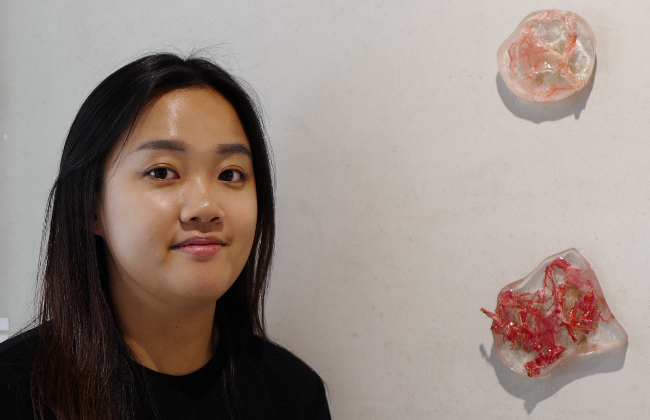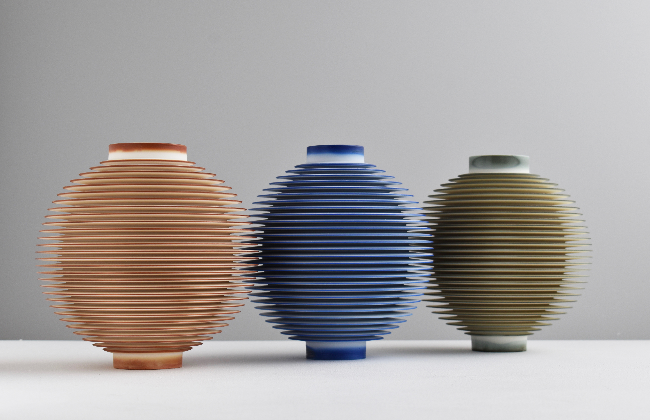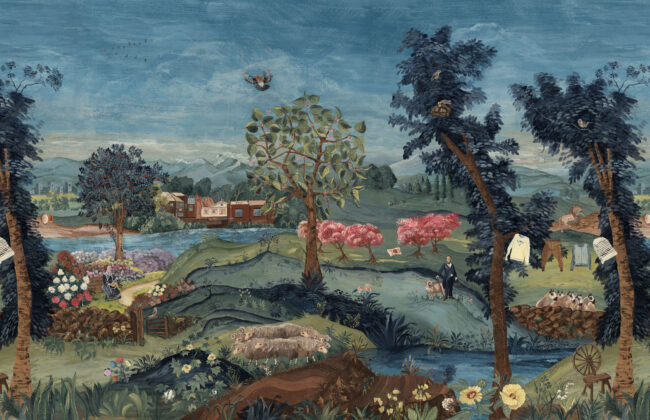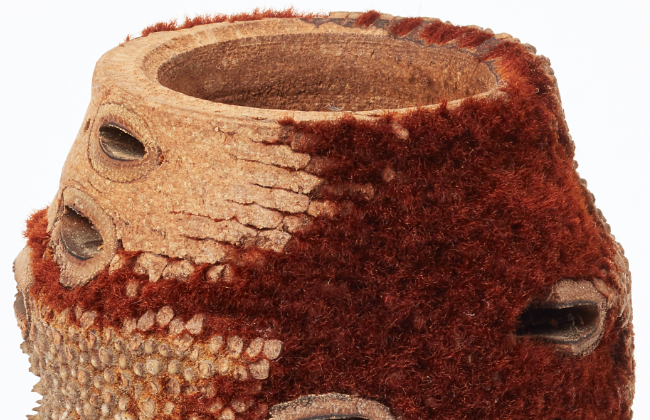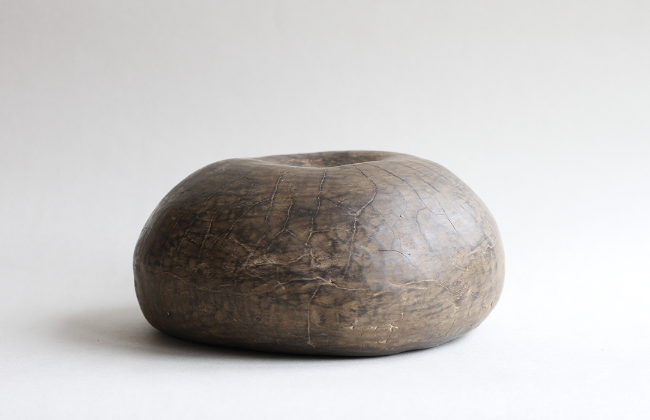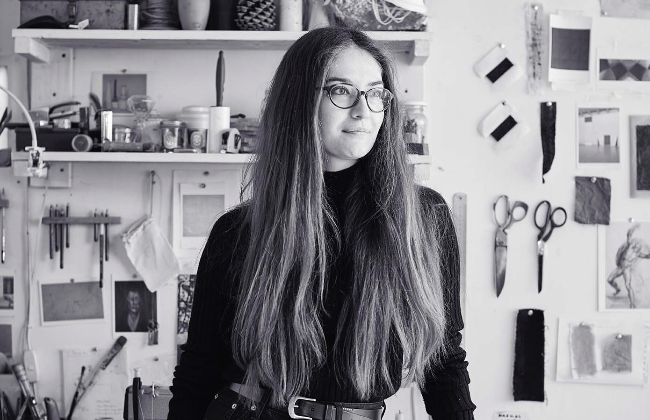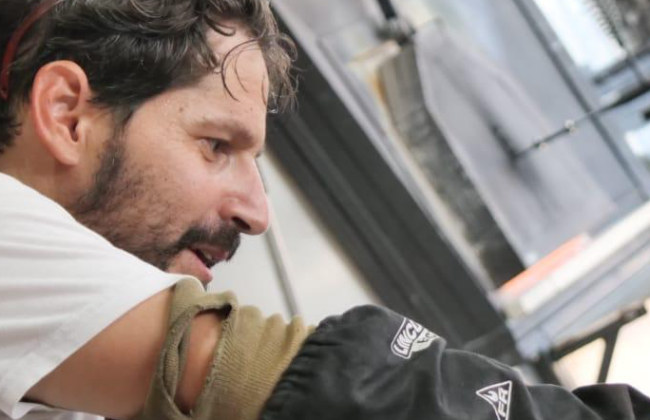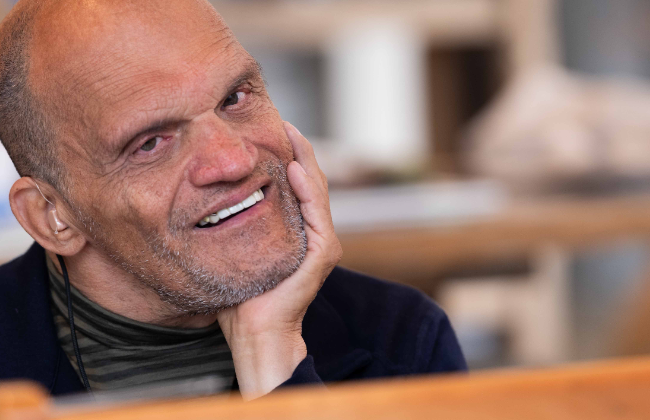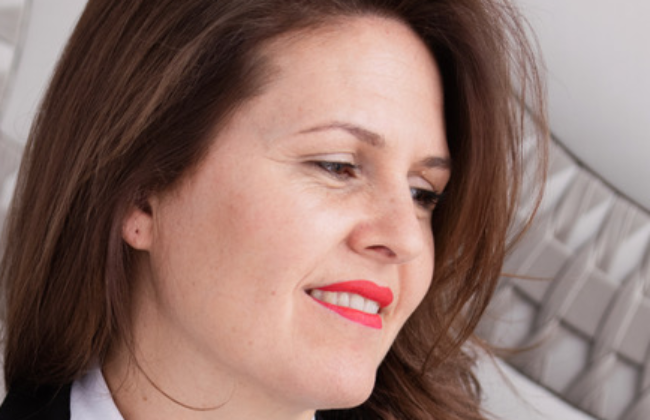About
Yiling Wu is a contemporary embroidery artist hailing from Taiwan and currently based in London. Having graduated from the London College of Fashion with a specialization in fashion textiles, her adventurous spirit propels her creative journey.
Yiling’s expertise lies in digital embroidery, with her work prominently featured at prestigious events including Premiere Vision 2021, Taiwan Expo 2022, and London Design Week 2023, where she participated as an artist. Her artistic exploration delves into the intricate interplay between fashion and contemporary embroidery, emphasizing the captivating contrast between tradition and modernity. Drawing inspiration from various facets of life, she finds joy in observing nature, society, and translating her observations into her unique artistic language through embroidery.
In her embroidery artworks, Yiling Wu seeks to showcase the inherent beauty of embroidery itself. She challenges the notion that embroidery must solely adorn fabric, instead elevating it to the forefront as the focal point of her pieces. Through the use of water-soluble methods, she imbues her embroidery with an element of uncertainty, ensuring that each artwork is inherently unique. Additionally, she incorporates resin into her creations, leveraging its transparent effects to preserve and transform her embroidery into tangible shapes, akin to capturing fleeting moments in life through photographs.
Central to Yiling’s artistic vision is the creation of her own utopia, characterized by vibrant freedom and liberation. Growing up as an Asian individual, she grappled with numerous stereotypes that permeated her childhood. Through her embroidery encapsulated in crystal-clear resin, she seeks to empower others who may share similar experiences. By imbuing her pieces with a sense of movement and uncertainty, she invites viewers to find their own interpretation of freedom and embrace their true selves, unshackled from societal constraints. Each embroidery serves as a testament to individuality, reminding viewers that they are indeed unique and deserving of liberation from stereotypes.
